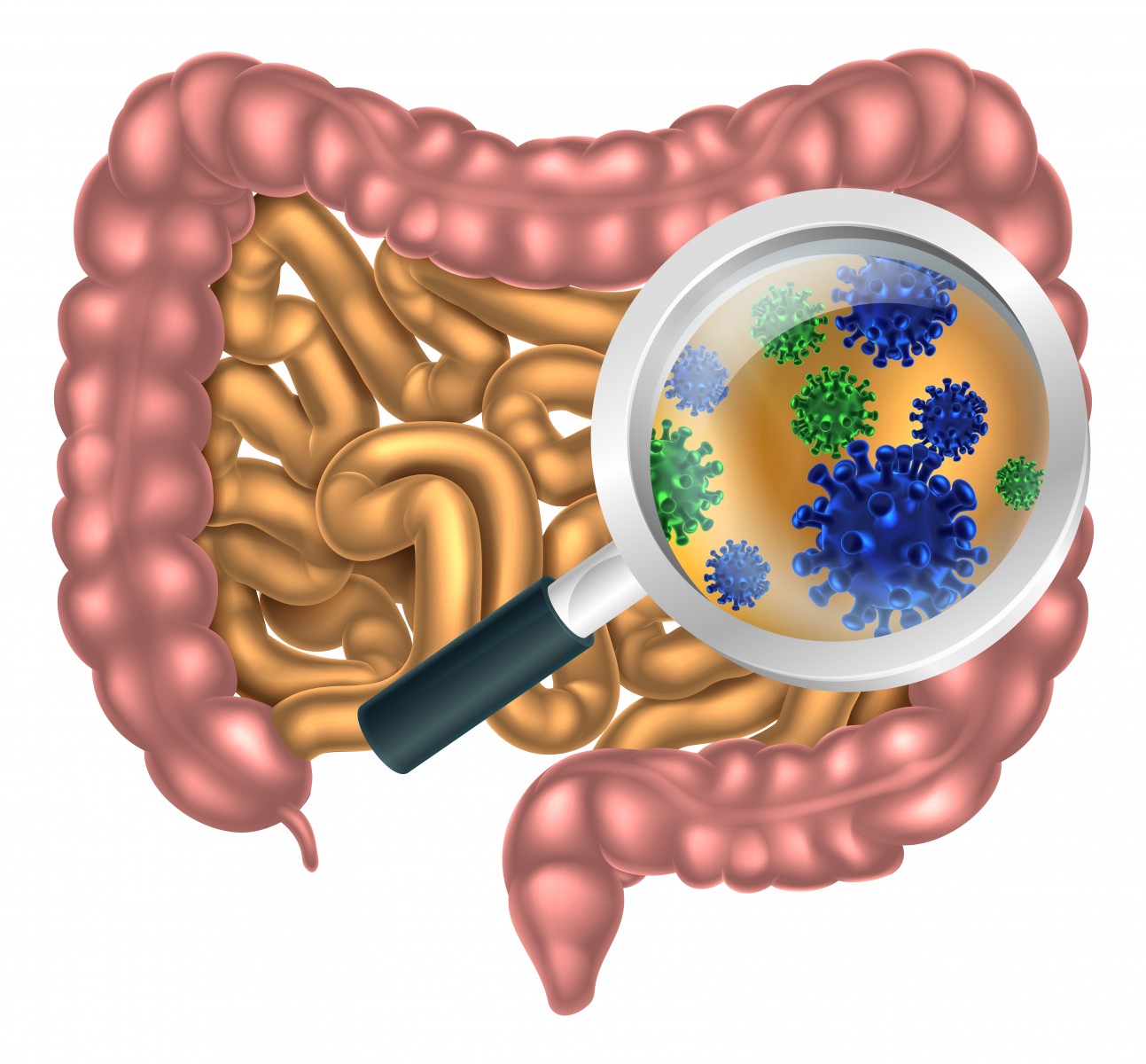Scientists Gather to Discuss Novel Connections Between Gut Microbiome and Brain Disorders
Written by |

Increasing evidence suggests that our gut microbiome is able to regulate brain processes and trigger neurological disorders, such as multiple sclerosis (MS). Scientists from around the world discussed these themes at the recent Congress of the European Academy of Neurology in Copenhagen, Denmark.
“The gut microbiome can influence the central nervous system, the development of nerve cells, and the immune system. A better understanding of its effect could revolutionize our therapy options,” said Dr. Patricia Lepage, from the Institut National de la Recherche Agronomique in Jouy-en-Josas, France, in a press release.
Comprising all human gut microorganisms, including bacteria, archaea, viruses, and fungi, the study of the role of the microbiome outside the gut was long considered far-fetched. However, increasing research using germ-free laboratory mice (mice that grow without any microorganisms) actually shows that the gut microbiome may influence behavior.
“Intestinal microbes can verifiably produce neuromediators that have an effect on the brain. Germ-free mice showed less anxiety than their conspecifics whose gut was populated with commensal microbiota. However, there is only scant evidence thus far on how this process works in the human brain,” Lepage said.
Several communication routes have already been identified between the gut and the brain, including the vagus nerve, the immune system, the enteric nervous system (embedded in the lining of the gastrointestinal system) or by way of microbial metabolic processes. In fact, an example of such metabolic process is gut bacteria-mediated conversion of carbohydrates into short-chain fatty acids that will then reinforce the blood-brain barrier, a crucial wall protecting the brain from infections.
The neuroscientist Prof. John F. Cryan, from APC Microbiome Institute at the University College Cork in Ireland, attended the Congress and highlighted the role of the gut microbiome in brain diseases.
The brains of germ-free mice were studied, Cryan said. “In one region, the prefrontal cortex, we found increased myelination compared with animals kept under normal conditions. This may have direct implications for myelin-related disorders. Microbiome-dependent processes have also been shown to include adult hippocampal neurogenesis and microglia activation,” for example, the activation of brain and marrow cells similar to immune cells, he said.
Autoimmune diseases such as MS are also potentially triggered by the gut microbiome, as Dr. Gurumoorthy Krishnamoorthy from the Max Plank Institute for Neurobiology in Martinsried, Germany, noted. “Apparently, the bacteria that can trigger multiple sclerosis are not disease-causing bacteria but rather useful bacteria needed for digestion,” Krishnamoorthy said.
In a study with genetically modified mice, researchers showed that while mice with normal intestinal microbiota developed inflammation in the brain (without any external influence), germ-free mice remained healthy.
Future research will likely unravel the secrets between the interplay of our microbiome and disease, which may lead to the development of microbiome-targeting therapies.


